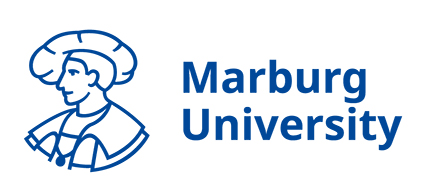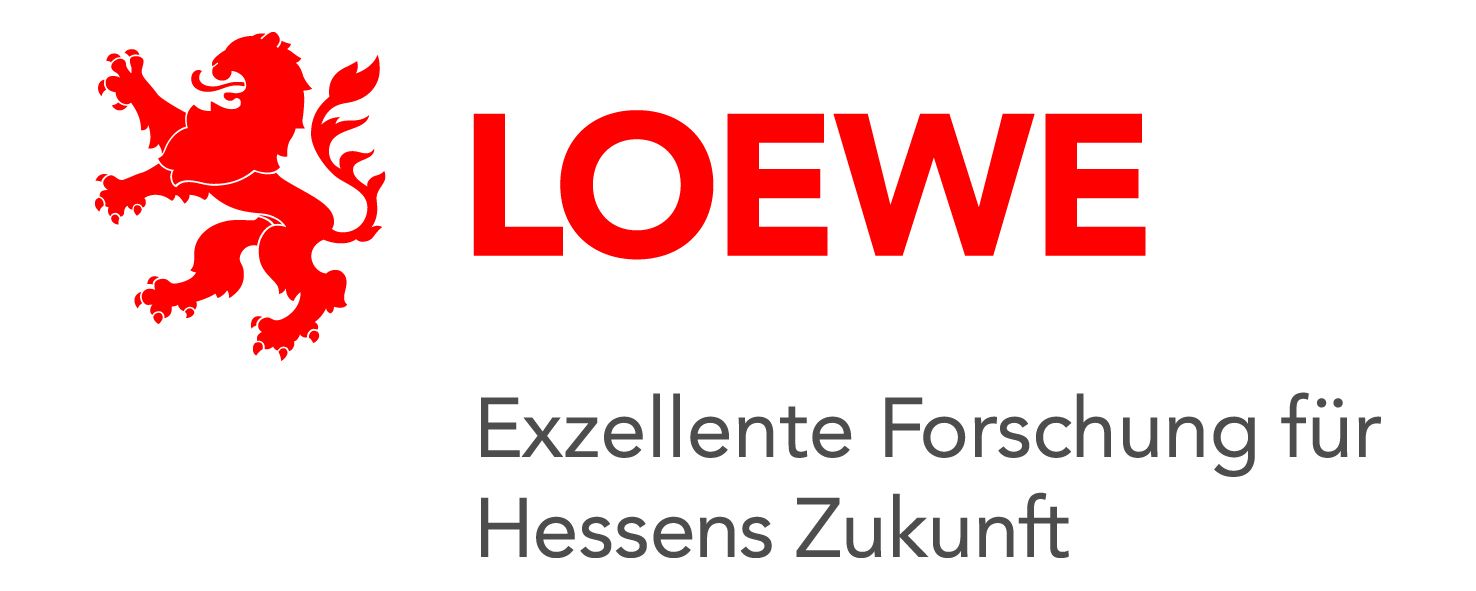Main Content
Standardized Assembly of Genetic Elements: Plastid MoClo Kit
Anke Becker, Swagatam Maity
Research question
Which set of genetic building blocks enables the rewriting of the C. reinhardtii chloroplast genome and the expression control of native and synthetic plastid genes? Does the development of a modular cloning kit (MoClo) enable efficient automated genome engineering of C. reinhardtii chloroplasts?
Background
Standardization and modularization are key concepts in synthetic biology. These include DNA assembly standards and modular cloning strategies. By combining multiple DNA building blocks in one step and offering combinatorial flexibility, they enable the highly efficient production of DNA constructs and the prototyping of a wide variety of design variants.
Modular cloning standards that utilize type IIS restriction enzymes have proven particularly powerful and flexible. Since these restriction enzymes can cut any DNA sequence outside their recognition site at a specified orientation and distance, the resulting single-stranded overhangs are programmable for directed assembly. Therefore, standards can be designed that require only one restriction enzyme for the assembly of multiple DNA building blocks, and systems for the hierarchical assembly of larger units that require only two to three restriction enzymes.
This reduces the effort required for the so-called "domestication" of DNA building blocks by eliminating the restriction enzyme recognition sites used. The MoClo standard is widely used in synthetic biology, and extensive MoClo standard-compatible libraries with predefined DNA fragments have been developed for various model organisms. These include the Marburg Collection for bacterial chassis and a MoClo kit for nucleus-based gene expression in C. reinhardtii, which were developed with the collaboration of PIs from our consortium. These kits are continuously being developed and supplemented with new elements.


